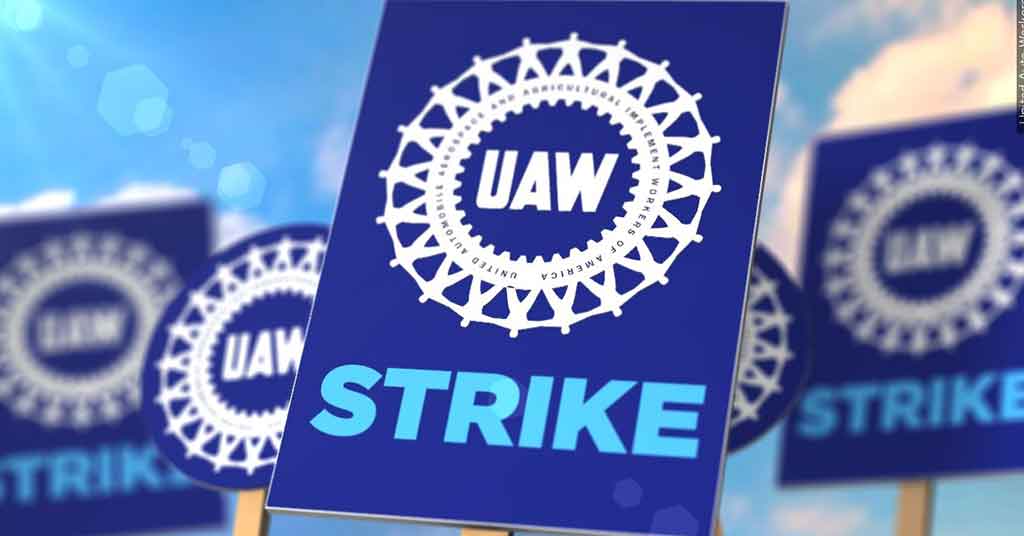Welcome To ChemAnalyst

The historic strike by U.S. autoworkers took a significant step forward on Friday as Shawn Fain, the President of the United Auto Workers (UAW), made a compelling call for 38 additional plants spread across 20 states to join the ongoing strike. Fain's announcement came during a live stream update on Friday morning, highlighting the growing intensity of the labor dispute. The strike is rooted in contract negotiations with the nation's three largest automakers, and these negotiations have found the two sides far apart, particularly on economic matters.
This strike is noteworthy as it marks the first instance in which all three major U.S. vehicle manufacturers are simultaneously affected by a labor strike. Furthermore, it has taken on a significant political dimension, with Fain extending an invitation to President Joe Biden to join the picket lines. According to The Washington Post, Biden has accepted this invitation and is scheduled to visit the striking workers next Tuesday.
Fain expressed the union's open invitation to anyone who supports their cause, from family and friends to the President of the United States, emphasizing their collective fight. Fain also highlighted some notable progress made during negotiations with Ford, which included the elimination of a lower wage tier, enhanced job security measures, conversion opportunities for all temporary workers, the reinstatement of cost-of-living adjustments (eliminated in 2009), and the right to strike in response to plant closures.
In Fain's words during the live stream, "The companies know how to make this right." However, he emphasized that Stellantis and General Motors would require more substantial pressure to reach a resolution. He underlined that the world is closely watching this situation, and public support is overwhelmingly on the side of the striking autoworkers, as demonstrated by numerous polls.
The strike itself commenced on September 15 and has been executed using a "stand-up" strike strategy, involving walkouts at strategically chosen plants to keep the automakers uncertain. The surprise strategy reportedly caused the automakers to prepare for strikes at the wrong facilities, leading to further disruptions. As a response to the strikes, the automakers have implemented temporary layoffs, including 300 layoffs at three Stellantis plants, 2,000 temporary layoffs at a General Motors facility in Kansas, and 600 layoffs announced at the Ford plant in Wayne, Michigan.
Autoworkers' demands encompass substantial wage increases and the reinstatement of benefits that were conceded during the 2008 economic recession but never restored when the automakers returned to profitability. The UAW has criticized the multibillion-dollar profits reported by the major automakers over the past decade, pointing to extravagant executive salaries and significant sums funneled to Wall Street through stock buybacks and dividends. In contrast, the automakers have labeled the union's requests as "unsustainable."
We use cookies to deliver the best possible experience on our website. To learn more, visit our Privacy Policy. By continuing to use this site or by closing this box, you consent to our use of cookies. More info.
